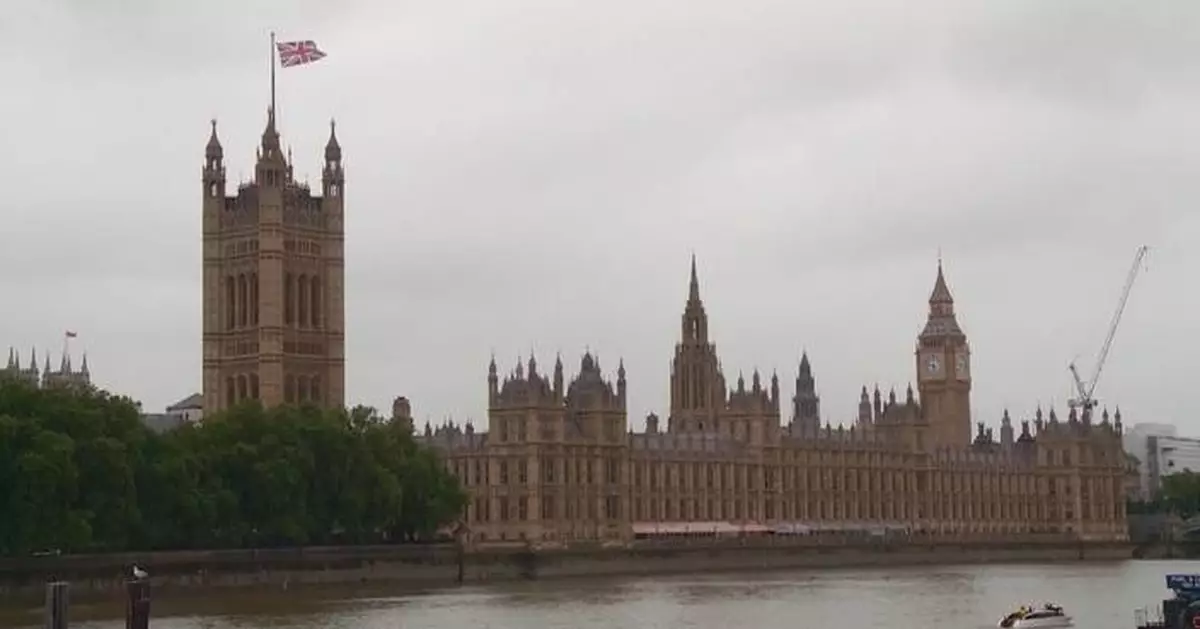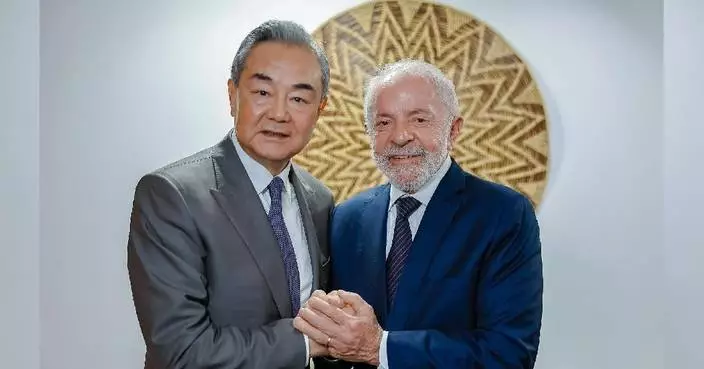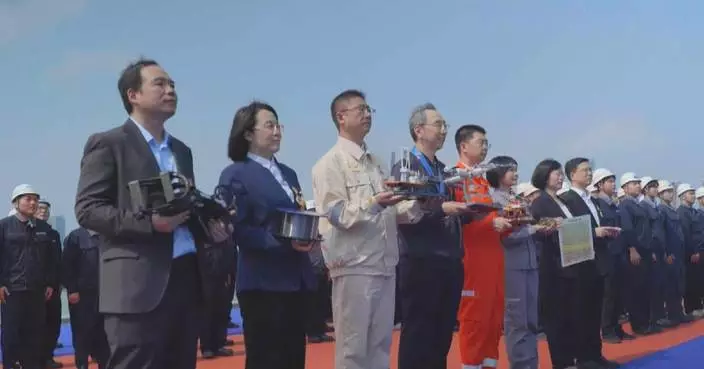British Chancellor of the Exchequer Rachel Reeves on Friday emphasized the UK's commitment to economic cooperation with China, calling disengagement "very foolish", ahead of her Washington visit next week.
In an interview with The Telegraph, Reeves expressed her support for strengthening ties with China rather than building new barriers.
"China is the second biggest economy in the world, and it would be, I think, very foolish to not engage. That's the approach of this government," Reeves said.
Reeves pointed to her visit to China earlier this year, where she participated in the 11th China-UK Economic and Financial Dialogue alongside leading British financial services firms, including HSBC, the London Stock Exchange Group, Standard Chartered, and Prudential.
She said the visit aimed to boost the ability of British financial services firms to operate in China by securing more licenses and quotas for British businesses. That visit resulted in a deal she estimated to be worth around 600 million pounds to the British economy.
Reeves also voiced support for Chinese fast fashion company Shein listing on the London Stock Exchange, and said she would be happy to ride in Chinese-made electric vehicles despite so-called "spying fears."
According to The Telegraph, her comments signal the British government's ongoing commitment to deepening trade and financial ties with China - an agenda championed by Prime Minister Keir Starmer.
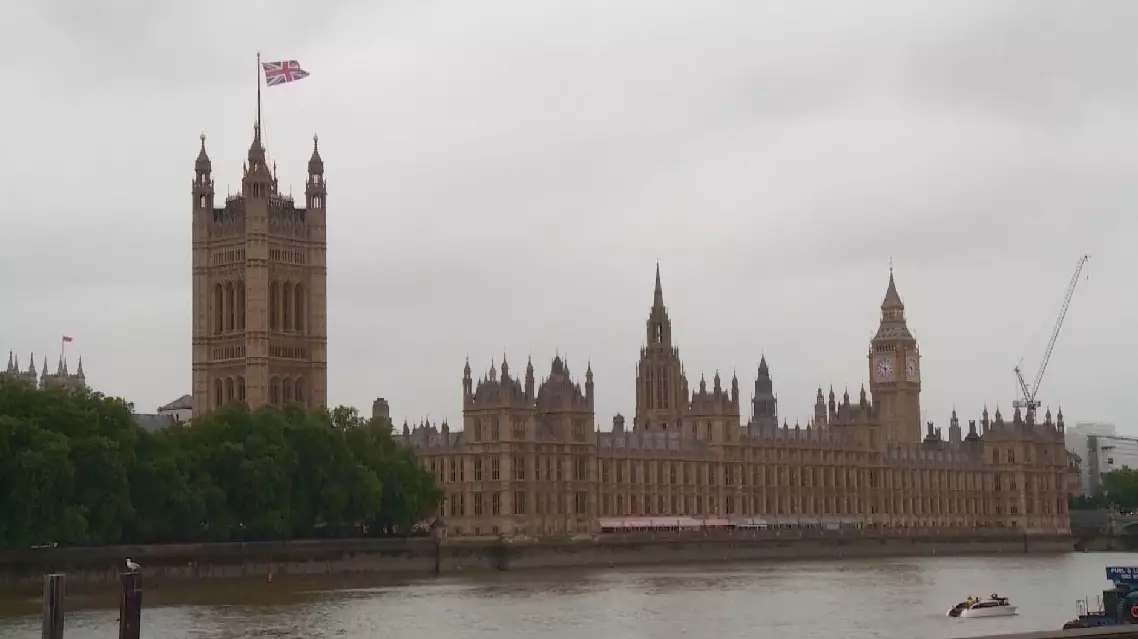
British Chancellor warns cutting ties with China would be "very foolish"
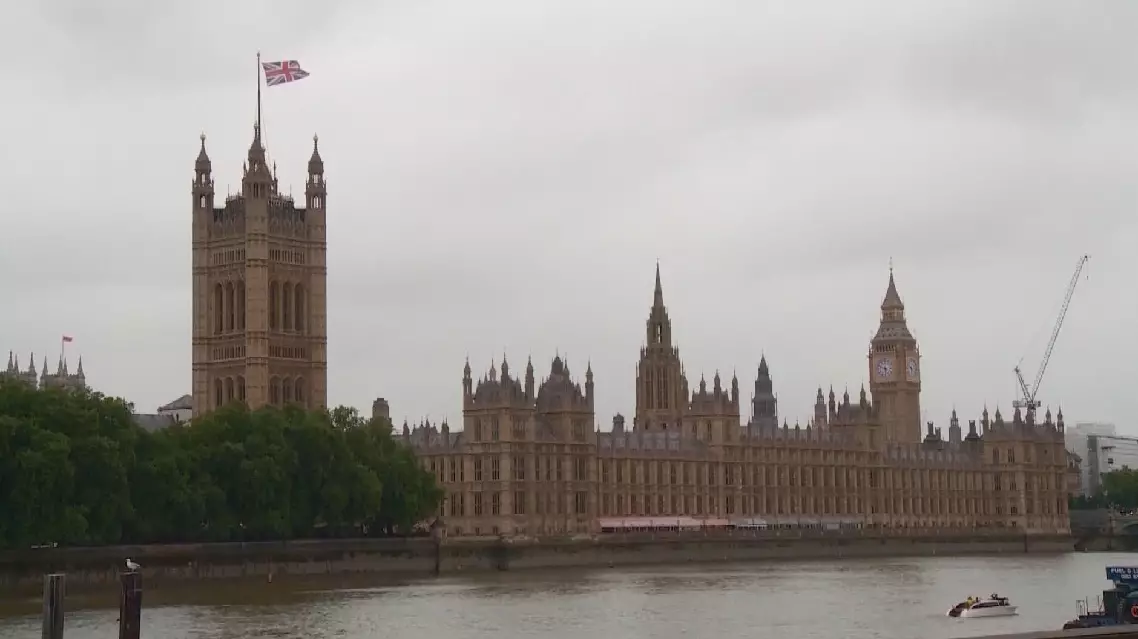
British Chancellor warns cutting ties with China would be "very foolish"
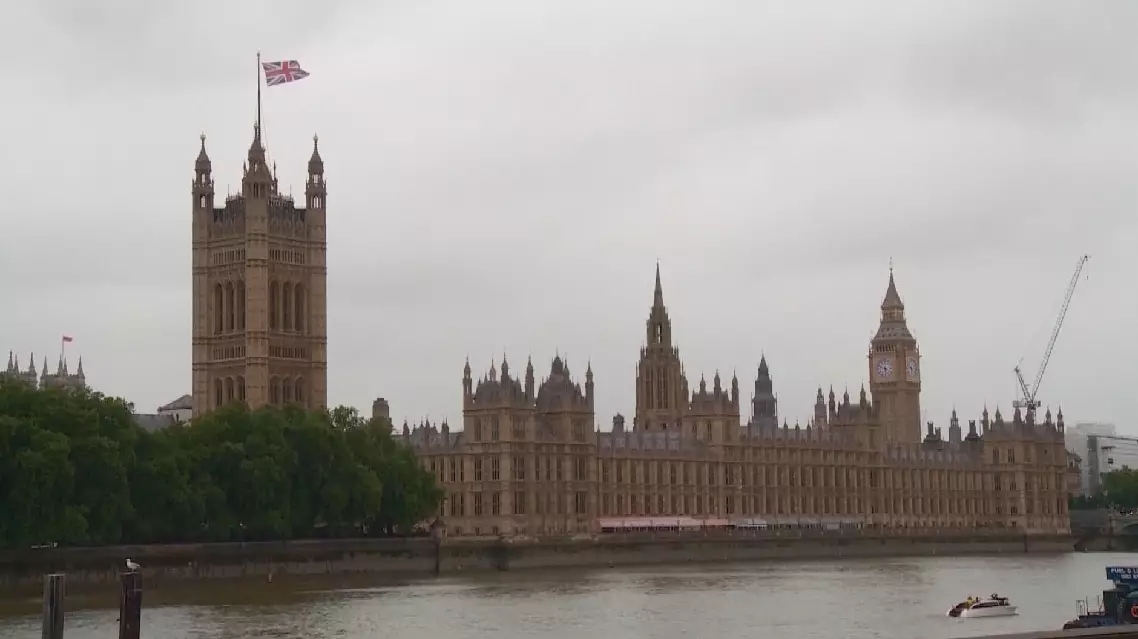
British Chancellor warns cutting ties with China would be "very foolish"
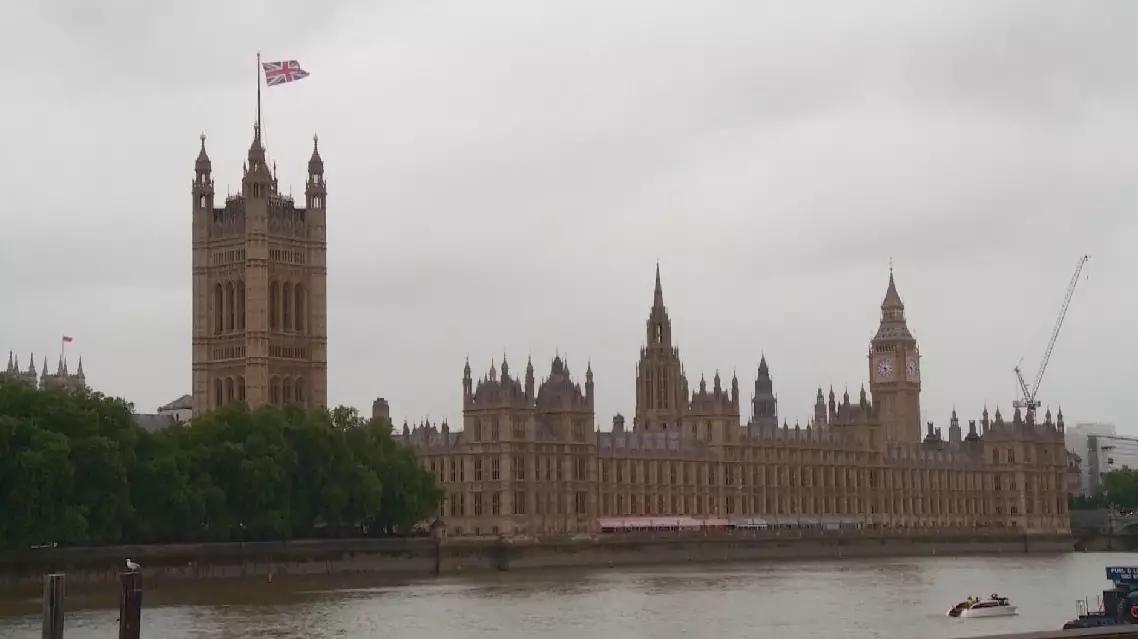
British Chancellor warns cutting ties with China would be "very foolish"
U.S. tariffs on Cambodia, which were set at 49 percent, have sparked concerns among the Southeast Asian country's key export industries such as garment manufacturing amid the ensuing economic uncertainties.
On April 2, U.S. President Donald Trump announced the 49 percent "reciprocal tariff" on goods imported from Cambodia, the highest among all countries. Days later, the U.S. reduced the so-called "reciprocal tariff" to 10 percent for 90 days, offering a window period to Cambodia for negotiations with it.
Cambodian businesspeople say the tariffs have the potential to wreak havoc on the country's manufacturing sector, which, according to data from the World Bank, makes up around a fifth of the country's GDP.
"For U.S. manufacturers, definitely, there will be a big impact. If manufacturers are focusing on U.S. products, they are now in the middle. They don't know what they should do at the moment because the tariff now from Cambodia to the U.S. is actually quite high," said Dr. Ben Li, a Hong Kong investor in Cambodia and Chairman of the Cambodia Chinese Commerce Association.
Nevertheless, Li sees the tariff hike as an opportunity to export more Cambodian goods to the European Union, where a majority of Cambodian exports enjoy duty-free status.
"I always say there will be a light (at the end of the tunnel.) Even now, the U.S. tariff is so high, it's going to be so high after 90 days, we don't know. But, there's still a big market to Japan or to the European Union. There's still a big opportunity there," he said.
The Cambodian investor also believes the development of major infrastructure projects will help support Cambodia's economy.
"Especially the new canal and then the new airport, and the railways which connect to China. I believe once the logistics and infrastructure are built up, it can help the whole country's economy. By reducing the transportation costs, it can also mitigate the tariff costs," he said.
Cambodia and the U.S. held their first tariff negotiations on April 16, with more expected to follow. Local experts said the stakes are high for the country's workers.
"If this negotiation fails, there will be a significant impact. It will include the garment and travel goods sector. These sectors consist of about 1,068 factories and 930,000 workers. The income generated from these sectors is about 3 billion dollars per year. So it would significantly impact Cambodia's economy, jobs and incomes," said Chey Tech, a socio-economic research and development consultant from Dynamic Alliance Consulting.
Despite the potential risks, Tech expressed his optimism about a positive outcome, citing Cambodian Prime Minister Hun Manat's letter to Trump on April 4.
"The Prime Minister's letter confirmed that Cambodia would reduce the tariff rate for U.S. goods to 5 percent. Second, Cambodia is the least developed country. Third, Cambodia produces goods that the developed countries won't produce. We asked whether the U.S. would be able to produce these low-cost products. It cannot," said Tech.
In 2024, Cambodia exported goods of 9.9 billion dollars to the U.S., making it the country's largest market, accounting for 37 percent of Cambodia's total exports.
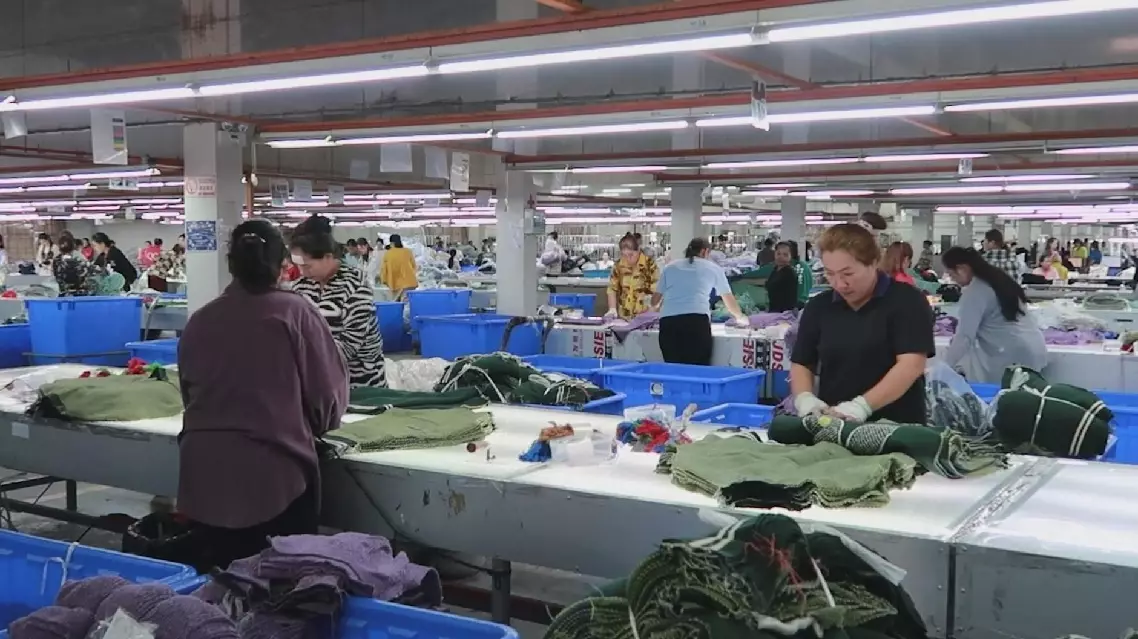
49-percent US tariffs sparks worry among Cambodia's key export industries






